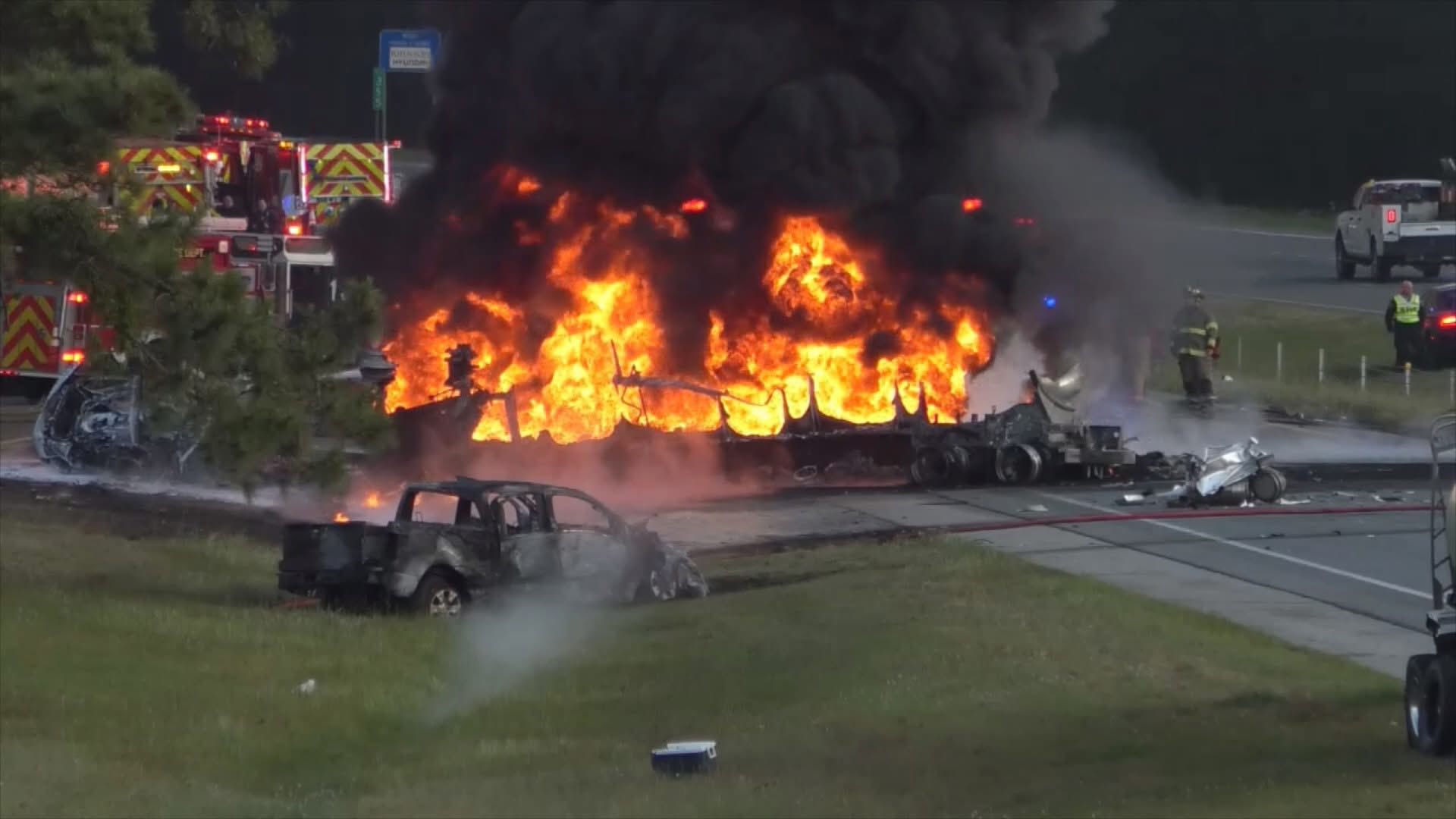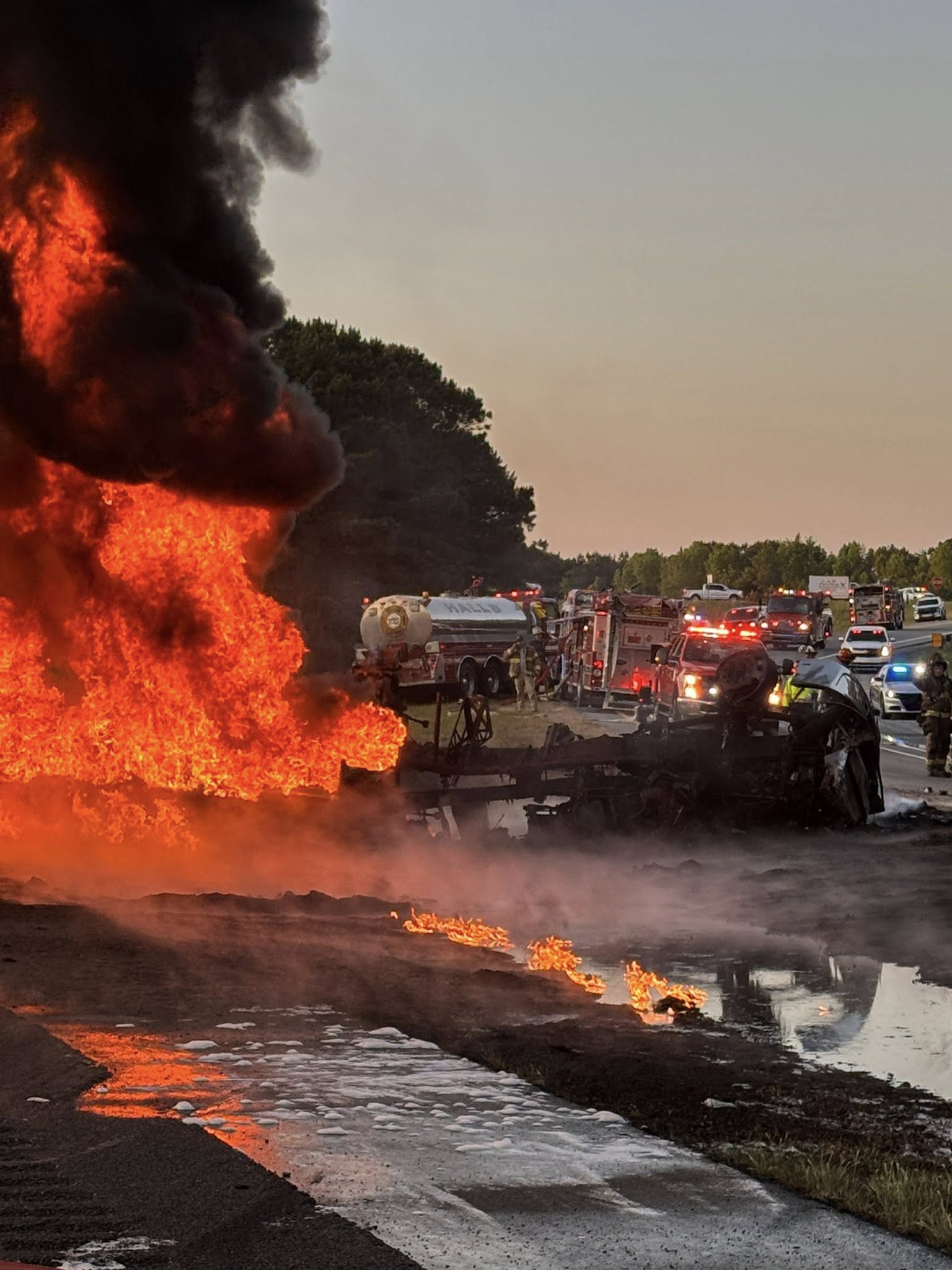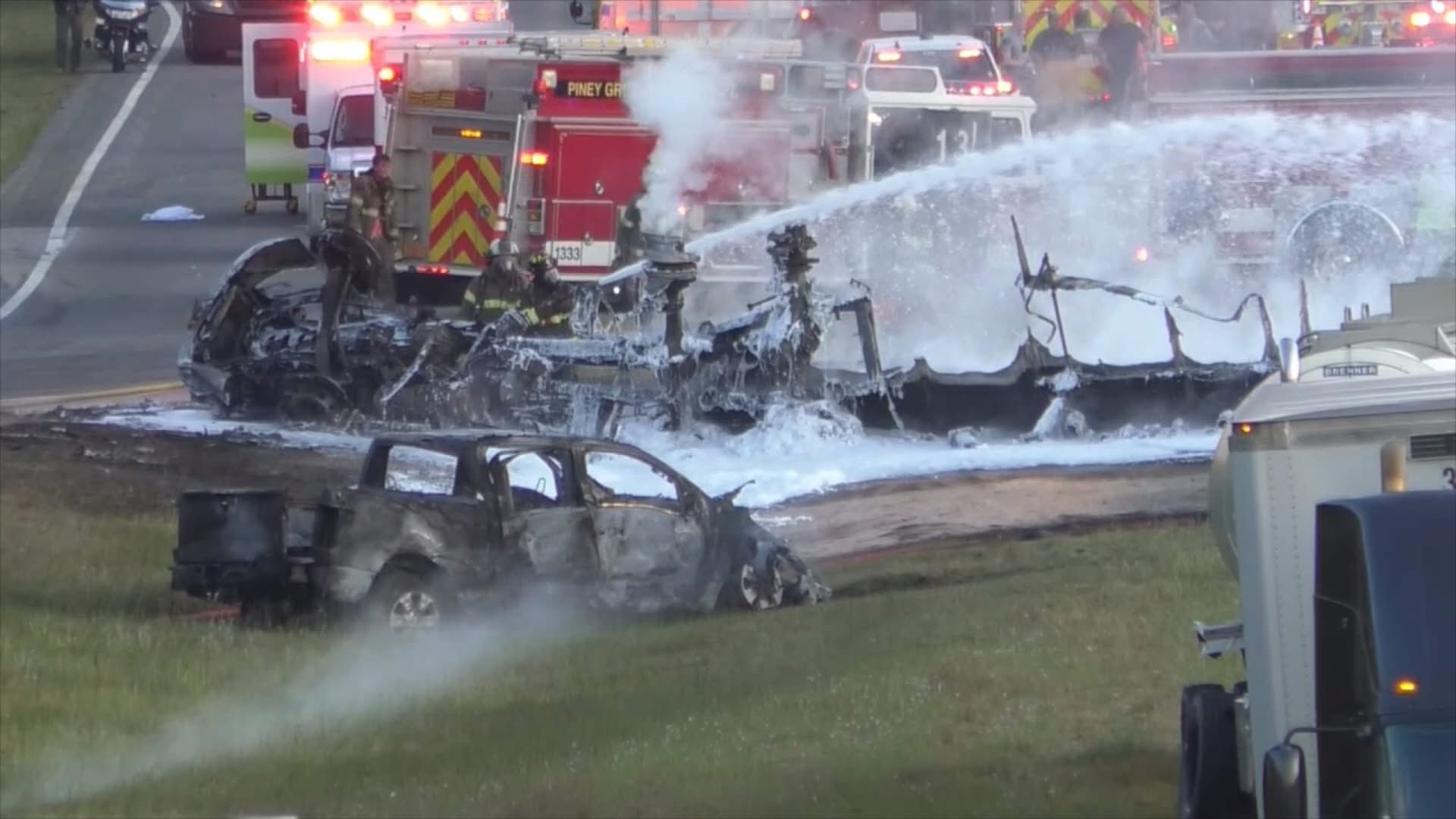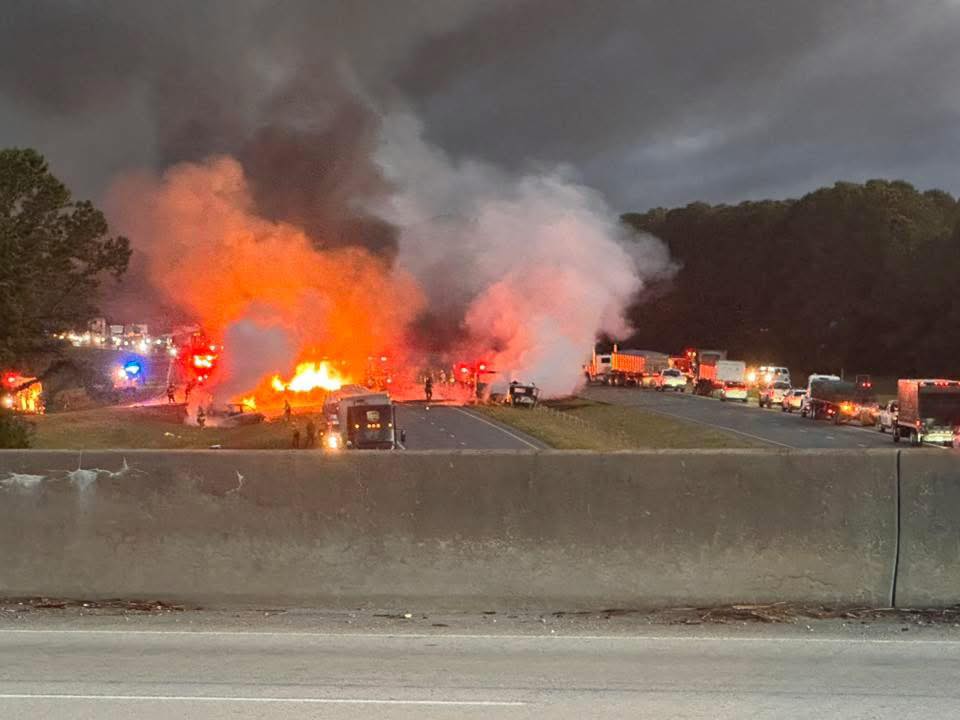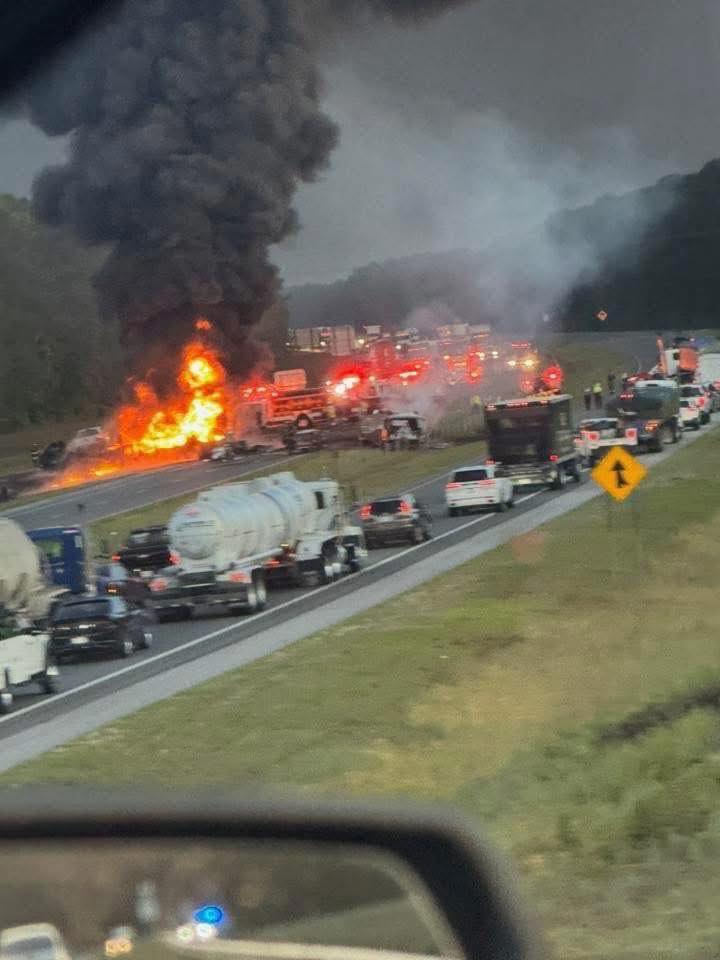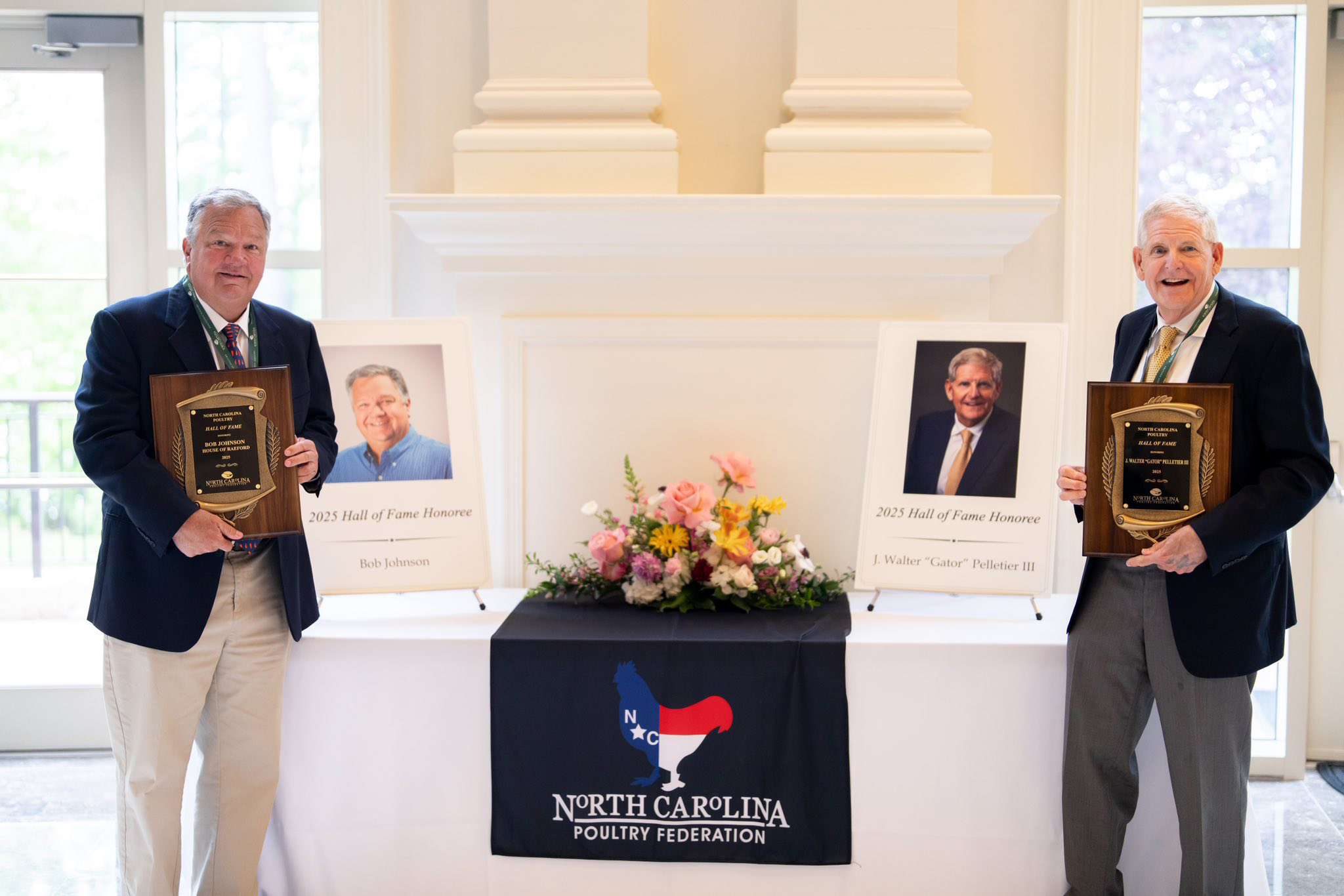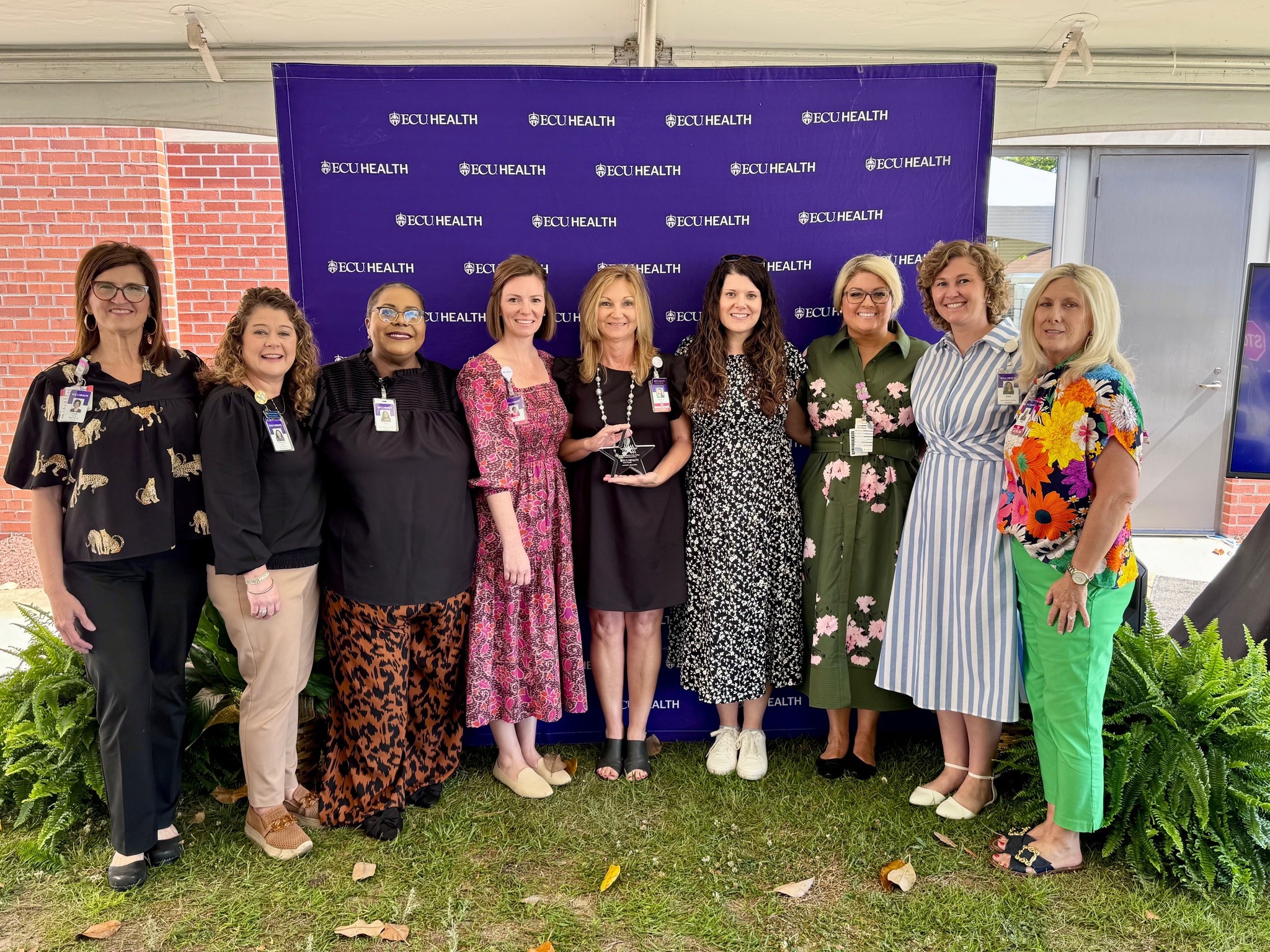County commissioners oppose General Assembly efforts to centralize land use authority
KENANSVILLE — Last Monday, the Duplin County Commissioners honored the recipients of the 2025 Duplin County Governor’s Volunteer Service Awards.
Melisa Brown, Senior Services director, spoke about the distinguished recognition created by the Office of the Governor to honor the state’s most dedicated volunteers, and introduced Greenevers Volunteer Fire Department Fire Chief Gregory Carr as the recipient of the Governor’s Medallion Award for Volunteer Service. He will be officially recognized at the North Carolina State Capitol on May 12.
The Medallion Award is presented to only 20 individuals across the state each year, recognizing outstanding contributions.
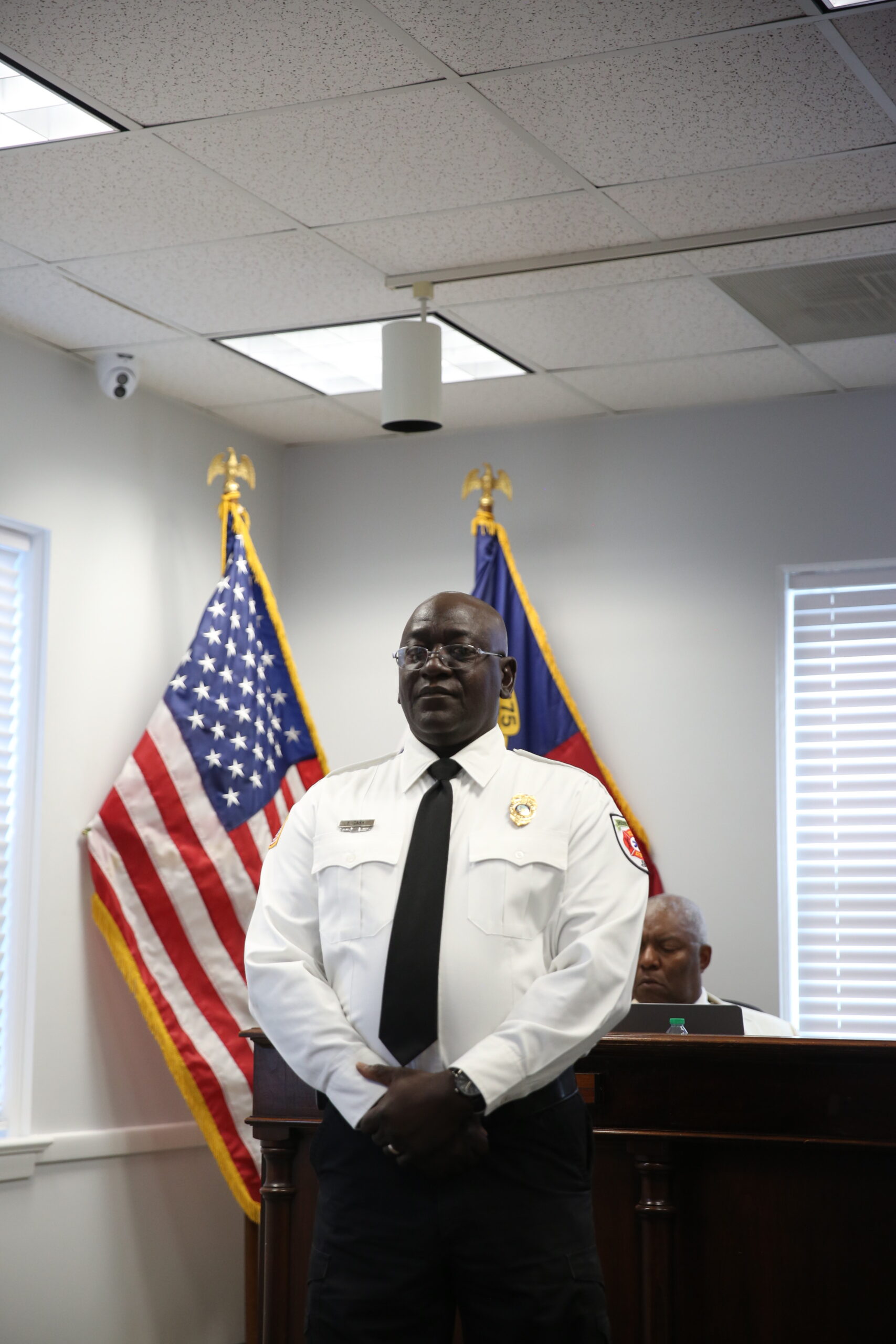
“Mr. Gregory Carr is recognized for his remarkable volunteerism and disaster preparedness response recovery or mitigation,” said Brown, adding that he has dedicated over 700 volunteer hours in the past year alone. “He wears many hats in the community and embraces them all with love and compassion for his fellow community members.”

A lifelong resident of Duplin County, Carr has deep roots in the Greenevers community, where he has served as a volunteer for more than three decades. Carr has not only played a critical role in emergency response but has also fostered mentorship development within the department. Under his leadership, the fire department has become a cornerstone of the community, hosting events and initiatives that bring people together and teach life-saving and interpersonal skills to residents of all ages.
In addition to his fire service, Carr contributes to broader efforts in Duplin County through his role in the Duplin County Fire Association, where he serves as chaplain.
Each commissioner publicly praised Carr for his selfless dedication and the profound impact of his work on local residents. Carr, in turn, expressed deep gratitude for the opportunity to serve, attributing his passion and perseverance to his faith, family, and community support.
Alongside Carr’s individual recognition, the Duplin County Tax Aid Volunteers were asked to come to the front and were recognized as a group. In 2024 alone, the group filed returns for 250 low-to-moderate-income residents, saving the community approximately $50,000 in preparation fees.
“In 2024, nine individuals, Hermenia Brown, Mary Fife, Darrell and Donna Grubbs, Jameszetta Leach, Carolyn Melvin, Cynthia Odom, Bertha Rhodes, and Kathryne Wrenn, volunteered a total of 1,009 hours to ensure the success of the service,” said Brown, adding that Liz Batts, Shirley Benson, and Lee Page joined the group this year and collectively the 12 volunteers contributed 993 hours. Certificates honoring the group will be displayed at the local senior center to commemorate their ongoing contributions.
Another highlight of the evening was a discussion about solar farms. County Manager Bryan Miller explained that currently there are 35 in Duplin County with an initial investment totaling $267.6 million. The equipment used in these facilities benefits from an 80% property tax exemption, valued at over $214 million. Despite this exemption, the county still garners tax revenue from the remaining 20% of assessed value, resulting in $393,369 in tax proceeds. After accounting for depreciation, the current taxable value stands at around $33.2 million, contributing an additional $244,583.04 in revenue for the county.
“There’s been a lot of discussion in the General Assembly about solar panels and the business model and how they go about generating revenue and generating energy and the possibility of more exemptions for solar panels,” said Miller. “There’s a lot of things we can do. I’d just like to receive some direction from the board if the board wants to look into solar panels more.”
The board discussed whether solar farms constitute a fair and beneficial use of land, in light of potential tax revenue losses and limited local control over such facilities.
“It was brought to my attention that we were possibly losing tax value on some of our property due to solar farms… I guess, based on what you just said, it appears that the solar fields are paying some additional tax revenue, 20% of the value,” said Chairman Dexter Edwards.
Commissioner Justin Edwards prompted clarification on why the General Assembly permits only 20% to be taxed on the infrastructure. Miller explained that while the General Assembly permits only partial taxation of solar equipment, it still results in net tax revenue for the county that wouldn’t exist otherwise. However, he admitted skepticism regarding claims that solar farms drive economic development, arguing that they may not provide significant local economic benefits aside from tax payments and infrastructure presence.
“I’m not sure I do, but many people see this as economic development. I’m not exactly sold on how this is economic development for us, unless it stabilizes our power grids and lets additional people come in and receive power,” said Miller. “Many times, as you see with many industries, there are really large and powerful lobbies that tend to influence things one way or another.”
A key regulatory concern raised was the state’s potential to limit counties’ authority over land use through new legislation, particularly House Bill 765. This bill, if enacted, could strip counties of their ability to regulate the siting and use of land, effectively replacing local discretion with a statewide, one-size-fits-all approach. The commissioners expressed strong opposition to this idea, emphasizing that local leaders are better equipped to make land-use decisions tailored to their community’s needs. The board acknowledged the importance of maintaining local control and voiced support for drafting a formal letter of opposition to the proposed legislation.
“I’m personally against the state having the authority to one-shoe-fits-all for every 100 counties in this state. Each county has their elected officials that are voted on by the taxpayers of the county and they need to have some stake in the game and we need to make the decisions that the people that are voting us in office want made and not the people in Raleigh making it for us in the county,” said Chairman Edwards.
Additional questions arose around property depreciation schedules and whether landowners with solar farms pay taxes on the underlying land. It was confirmed that depreciation of solar equipment typically follows an 18-year schedule and never drops below 25% of the original value. Landowners still pay taxes on the land itself, with valuations for solar fields and adjacent farmland being similar in method, though exact figures were not available during the meeting.
Commissioners also revisited the history of solar development in the county, noting that federal and state incentives initially drove landowners to convert farmland into solar projects. Some board members expressed frustration that these decisions were influenced by state and federal programs without sufficient input from county governments. Commissioner Dowe requested that any future study on solar farms include both advantages and disadvantages to ensure a well-rounded understanding of their impact. Ultimately, the board agreed to revisit the issue at the next meeting.
 Twitter
Twitter Facebook
Facebook Instagram
Instagram

